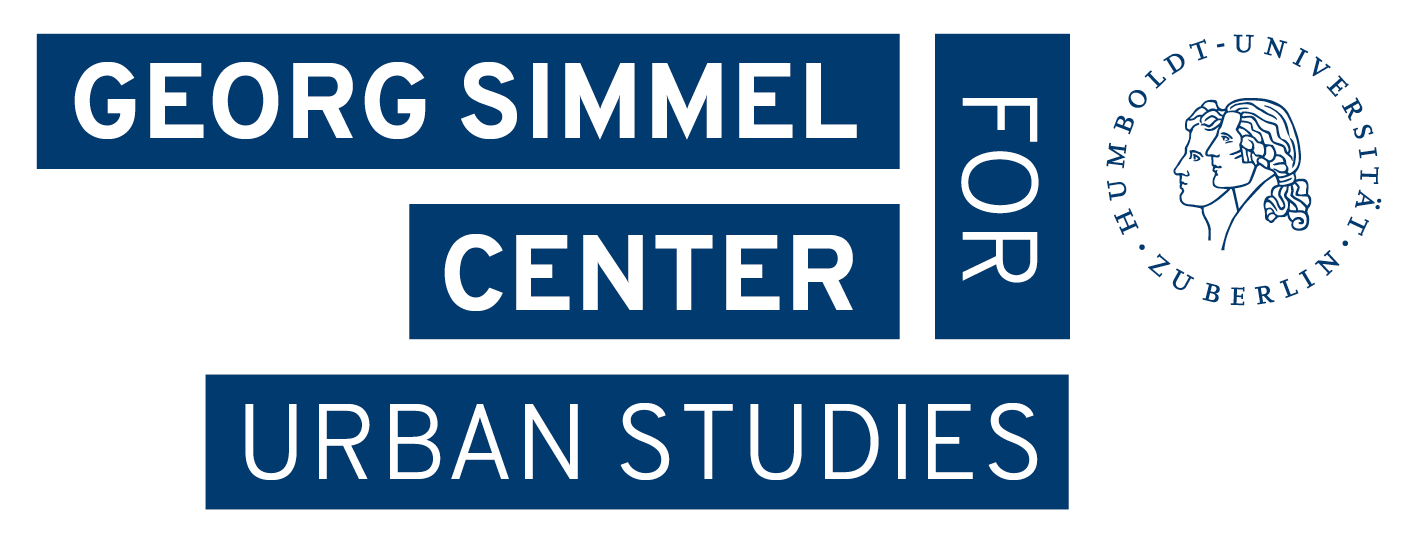Reimagining Urban Ecosystems through a Multispecies Justice Lens (Dr. Pouya Sepehr)
This project, "Reimagining Urban Ecosystems through a Multispecies Justice Lens," aims to re:conceptualise urban environments through the lens of multispecies justice. Traditionally viewed as human-centric, cities are increasingly recognised as dynamic ecosystems where various forms of life—human, animal, plant, and microbial—interact and shape each other's existence. This research explores how urban planning and environmental governance can be reimagined to incorporate the rights and agency of non-human entities, promoting a more inclusive and more-than-human urban future. Reflecting on the more-than-human interactions within urban spaces, this project considers how multispecies justice can be integrated into urban planning and policy-making. It engages with frameworks suggested by thinkers such as Ferne Edwards, Lucia Alexandra Popartan, and Ida Nilstad Pettersen, who emphasise the need to recognise and incorporate non-human perspectives in urban settings. This approach moves beyond the binaries of natural versus artificial environments, urging a reevaluation of urban spaces as inherently multispecies realms where justice, governance, and care for all forms of life are considered.
Research Questions and Objectives:
This research employs a grounded, interdisciplinary urban nature ethnography to study spatial phenomena as they interface with social and cultural dimensions, offering new insights into how urban lifeworlds can be reimagined and practiced. This approach not only questions "Cui bono?" (Who benefits?)—a concept many multispecies scholars have followed from Susan Leigh Star—but also promotes urban governance that reflects multispecies justice, fostering vibrant, sustainable urban habitats.
By doing so, it endeavours to redefine urban spaces as centers of human and non-human activity, entangled in both material and immaterial networks, challenging and extending beyond human-centric environmental frameworks. Thus, this project unpacks the usual assumptions of an anthropology of urban life and what this means for understanding past, present, and possible urban futures. It promotes urban ethnography as a situated ethnographic methodology to study spatial phenomena, offering ways to understand, interpret, create, and practice urban lifeworlds.
In addressing these complex challenges, the project underscores the historical and ongoing struggles against environmental discrimination in the context of Austria, with a focus on Vienna. It highlights the critical need for frameworks that support the cohabitation and flourishing of diverse urban communities. Through this lens, the project explores pivotal questions such as who benefits from multispecies justice in the city, how it matters in an urban context, and how these considerations reshape our understanding and implementation of urban justice in a changing world.
Key Objectives:
- Developing a nuanced understanding of multispecies justice that considers the diverse needs of all urban inhabitants.
- Analyzing the efficacy and limitations of current urban policies and citizen-led initiatives through a multispecies lens.
- Enhancing ethical research practices that respect, care for, and represent the diversity of urban life forms.
Drawing on interdisciplinary approaches, the project merges theoretical insights from multispecies studies with empirical methodologies such as ethnographic fieldwork, legal analysis, and participatory citizen science. By investigating urban environments as multispecies habitats, the study aims to develop a nuanced understanding of how diverse species coexist and influence urban ecosystems. Key objectives include analyzing current urban policies through a multispecies lens, enhancing ethical research practices, and fostering community involvement in urban governance.
Research Sites and Empirical Approach:
The project will focus on three primary research sites in Vienna, Austria:
- Legal Paradigms and Urban Ecosystems: Examining how legal frameworks, such as the Rights of Nature laws, influence urban ecosystems and support multispecies justice.
- Intersectional Injustices in Environmental Conflict Zones: Conducting ethnographic studies in conflict zones like the Lobau region to understand the overlapping oppressions affecting both human and non-human entities.
- Citizen-Led Initiatives in Urban Environments: Reflecting on citizen science projects that promote public engagement and advocate for multispecies justice in urban planning.
This research seeks to challenge traditional urban development paradigms and aims to provide transformative insights for policymakers and urban scholars. It positions itself at the forefront of debates on multispecies urbanism and more-than-human space-making practices.
As this project is still in the design phase, the researcher is looking forward to developing it into a full proposal in collaboration with the George Simmel Centre for Urban Studies. The intention is to refine and expand the research framework and methodology through this partnership, aiming for submission to various funding schemes in the future.
Dr. Pouya Sepehr is a postdoctoral research fellow at the George Simmel Centre for Urban Studies, Humboldt University of Berlin, and the recipient of the 2024 GSZ Postdoc Seed Funding Fellowship. Specializing in the intersection of science, technology, environmental, and urban studies, Pouya’s research focuses on the societal impacts of technological infrastructures and urban spaces, with a particular emphasis on more-than-human urban contexts.
Pouya holds a PhD in Science-Technology-Society (STS) from the University of Vienna, where his doctoral research explored the sociotechnical reconfigurations of the Smart City Vienna program. His academic journey includes a Master’s degree in STS from the University of Vienna and a Master’s in Development and Emergency Practice from Oxford Brooks University.
With extensive experience in project management and consulting in urban planning, Pouya has significantly contributed to large-scale urban upgrading and community empowerment programs, particularly in the Global South.
His work often focuses on environmental preservation practices, collaborating with nomadic and indigenous communities to promote sustainable development and participatory governance, emphasizing the role of community involvement in urban and environmental planning.
Pouya’s interdisciplinary research deeply engages with urban governance, power relations, and epistemological practices, examining the role of technology and innovation. His work aims to advance multimodal and multispecies urbanism, promoting inclusivity and resilience in urban environments.
As an active member of core STS societies, including serving as an elected council member of the Society for Social Studies of Science (4S), Pouya continues to contribute to the academic community through publications, teaching, and conferences. His work on "Multispecies Justice in Urban Environment" at the George Simmel Centre challenges traditional notions of urban planning, advocating for a justice system inclusive of all urban inhabitants, both human and non-human.

